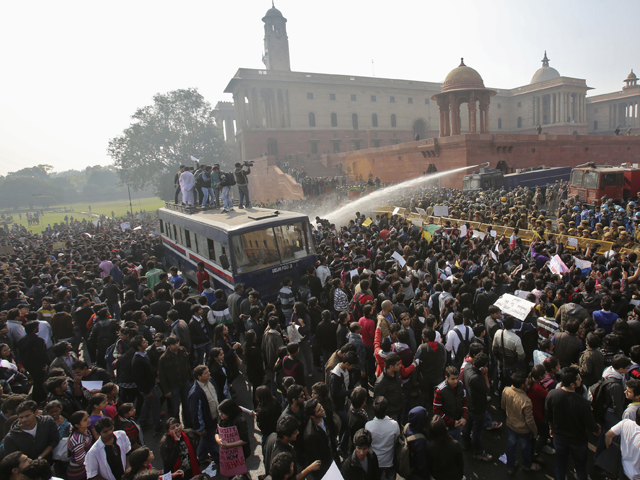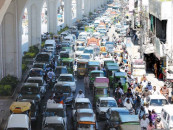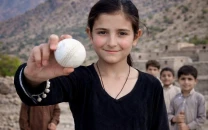Indian court upholds death for three convicts for 2012 Delhi gang rape
A three-member bench of the Supreme Court dismissed a petition to review the court order

Photo: Reuters
Jyoti Singh, a physiotherapy student, was raped and left for dead by a gang of five men and a teenager on a bus in the Indian capital New Delhi in December 2012.
The 23-year-old woman, on course to be the first professional in the family, was coming home from the cinema with a male friend.
The six-strong gang beat the man unconscious before raping and torturing Singh with an iron bar as the private bus drove loops through the Indian capital.
She was dumped on the streets after 45 minutes with horrific internal injuries, and died 13 days later in a Singapore hospital. The brutality of the attack, and her determination to survive long enough to identify her attackers to police, triggered angry demonstrations by tens of thousands of people in Delhi and nationwide.
Indian student shot dead in US restaurant
The case also put the treatment of women in the world's largest democracy in the global spotlight and led to heavier sentences for sex crimes. Four of the men were convicted in September 2013 for murder, gang-rape, theft, conspiracy and "unnatural acts" after a seven-month trial in a fast-track court.
All four maintain their innocence. Only three of them were involved in the appeal rejected on Monday by the Supreme Court. A fifth man, the suspected ringleader, was found dead in jail in a suspected suicide, while a 17-year-old was sentenced to three years in a detention centre and has since been released.
The victim's parents on Monday welcomed the ruling, with her mother Asha Singh saying it was "very happy news". "It's a great message for the entire society. This verdict is meant for society, women and all of us," father Badrinath Singh told reporters.
But the defendants' lawyer said he would file a curative petition, the last legal challenge. If that fails they could seek a pardon from the president.
"Justice should be for everyone. Injustice has been meted out to them. The court has taken a decision against these kids (convicts) under political and media pressure," AP Singh told reporters.
Canada woman breaks silence on PM groping allegation
Following the 2012 case and subsequent protests, some of which were violent, there were demands to overhaul the laws on sexual assaults.
A panel entrusted with reviewing legislation rejected public appeals for the death penalty for rape but boosted the jail terms to 20 years.
But the government then buckled under public pressure and approved capital punishment for repeat offenders.
There were some 40,000 rapes reported in India in 2016, according to the most recent official figures available. But activists say this is just the tip of the iceberg as many victims are afraid to report the crimes due to threats by perpetrators or the social stigma attached to sexual assaults.
In recent months a string of sex attacks, mostly of children, have caused further outrage and protests. This included the attack on an eight-year-old girl from a Muslim nomadic community in January. The girl from the northern Jammu region died after being kidnapped, drugged and gang raped by several men for days at a Hindu temple.
This led to the introduction of the death sentence for raping girls younger than 12. More than 1,300 people have been sentenced to death in the past decade, and India ranks 10th globally in the number of sentences handed down.
Indian police charge five in death of rape victim's father
India rejected a 2007 UN sponsored moratorium plea on executions amid an ongoing debate on capital punishment. More than 370 convicts were on death row as on December 2017, the last official count, down from 399 the previous year.
But many were spared the noose by higher courts on appeals, including 35 who were acquitted outright. Out of the 371 death row convicts in 2017, 43 were awarded the ultimate punishment for crimes involving fatal sexual assaults.But India carries out very few hangings.
Just four convicts have been executed in the last 25 years, including Dhananjoy Chatterjee in 2004 for the rape and murder of a 14-year-old girl. The three other hangings in 2010, 2011 and 2015 were for terrorism.



















COMMENTS
Comments are moderated and generally will be posted if they are on-topic and not abusive.
For more information, please see our Comments FAQ